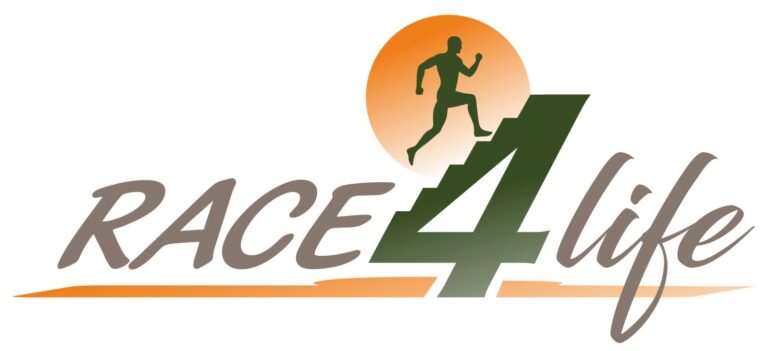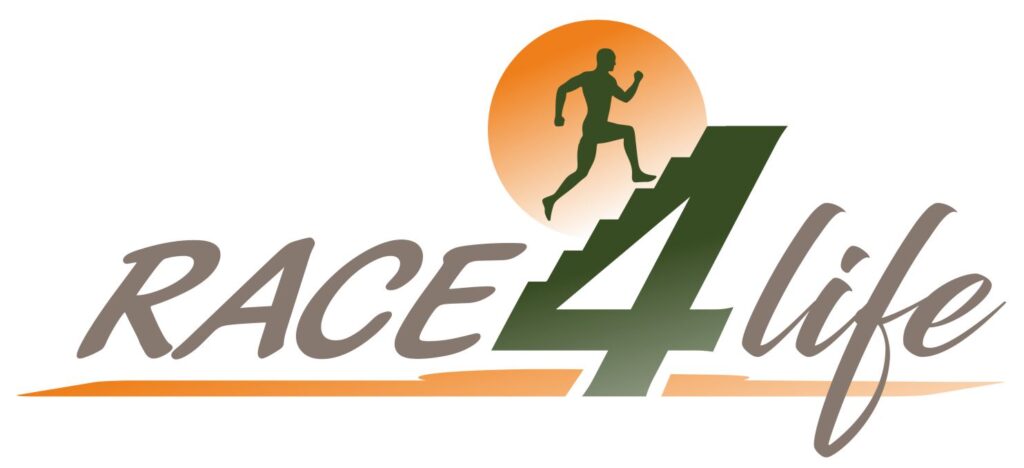Health professionals working in different SUD recovery contexts and environments have the potential to play a key role in promoting sport, as they interact daily with the people under-recovery (clients). Knowing that recovery supports clients to develop healthier, more adaptive, attitudes and behaviours to support their long-term abstinence from substance use, sport is proposed as an alternative environment that can be exploited to adopt these behaviours.
The study was aimed at professionals involved in SUD recovery, to appropriately deliver tailored sport-based interventions as part of their daily practice. Professionals from SUD recovery agencies in 5 European countries participated in this multi-method research study, which included quantitative and qualitative self-report tools. Data were collected from August 2023 to September 2023
The multi-method research approach followed a prepared topic guide exploring the COM-B model components. The respondents to the questionnaire indicated their level of agreement with 16 predefined statements about the elements of the COM-B model, four statements about effort and importance, three statements about value and usefulness, and five open-ended questions about the advantages of collaborating between therapists and sport trainers in promoting life skills through clients’ sport
experiences.


